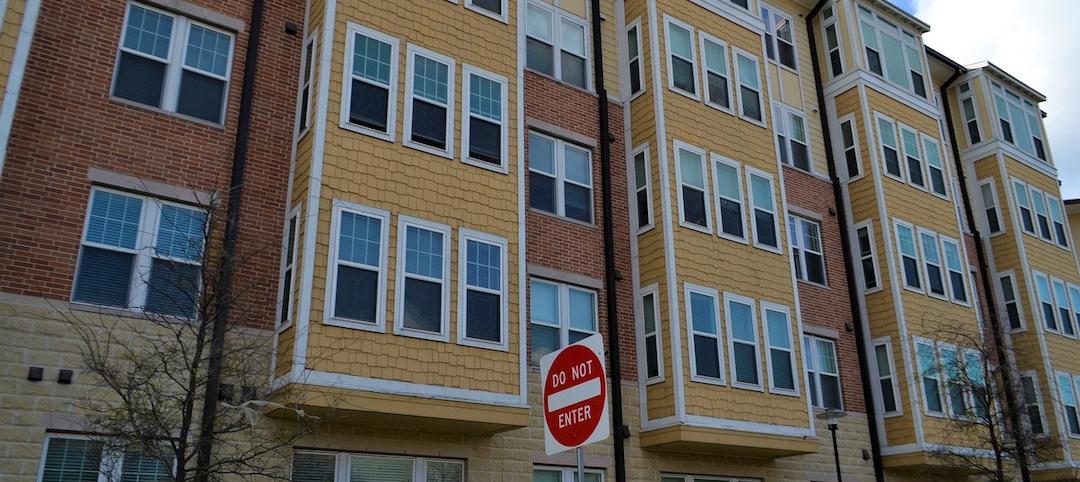Gundersen Health System, a network of hospitals, medical clinics, and nursing homes in Wisconsin, announced that it is producing more energy than it consumes, making it the first net-zero energy health system in the U.S.
Gundersen is using biogas from three local farms, methane from a local landfill, wood chips from local suppliers, solar panels installed on a parking lot, geothermal systems, and wind from two local projects. Energy consumption has been reduced by 40%, saving $2 million a year. The network also earns $2 million by selling surplus electricity and manure byproducts of biogas production.
"We did not set out to be the greenest health system, we set out to make the air better for our patients to breathe, control our rising energy costs, and help our local economy,” according to CEO Jeff Thompson. The accomplishment is particularly noteworthy given the industry and the climate, Thompson says.
He notes that hospitals typically consume 2.5 times more energy than commercial buildings, and Wisconsin’s harsh winters make it one of the most energy-intensive climates in the nation. Gundersen has also made great strides in waste reduction. Hazardous and pharmaceutical waste has been reduced by 40%, food waste by 70%, and styrofoam waste has been eliminated.
(http://www.sustainablebusiness.com/index.cfm/go/news.display/id/26068)
Related Stories
Codes and Standards | Oct 12, 2021
Three new laws expected to spur more affordable housing in California
Trio of measures could aid carbon reduction in built environment.
Codes and Standards | Oct 11, 2021
New program to promote mass timber construction launched in Boston
City’s planning and development agency to award grants for projects in early-stage planning.
Codes and Standards | Oct 6, 2021
Intl. Code Council publishes EV and building codes resource
Assists communities in setting policies for electric vehicle charging requirements.
Codes and Standards | Oct 5, 2021
Feds award $1 billion to renovate health centers
Funds will modernize existing infrastructure and cover other COVID-19-related capital needs.
Codes and Standards | Oct 4, 2021
Boston City Council approves mandate for major emissions cuts for large buildings
Applies to buildings 20,000 sf or larger—about 4% of city’s buildings.
Codes and Standards | Oct 4, 2021
HPD Collaborative and Green Seal to align standards
Will result in expanded options for manufacturers to enhance sustainability reporting and certifications.
Codes and Standards | Sep 30, 2021
U.S. has a deficit of 5 million homes
Builders unable to keep pace with demand.
Codes and Standards | Sep 29, 2021
Mass Timber group study will compare structural round timber to glulam products and steel
Will compare costs, capabilities, and carbon impacts of structural materials.
Codes and Standards | Sep 28, 2021
Massachusetts creates Commission on Clean Heat
First-of-its kind body to set targets for buildings to reduce emissions from heating fuels.
Codes and Standards | Sep 27, 2021
Commercial real estate industry faces SEC climate disclosure regulations
Risks associated with climate change would have to be revealed.

















